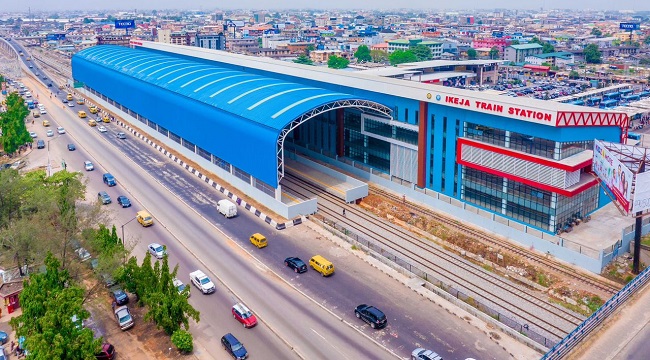Rail transport in Nigeria is seeing a major boost, with more people turning to the system, and this growth is clearly reflected in the latest revenue figures. In the second quarter of 2024, rail revenue hit ₦1.69 billion, marking a 53.14% jump compared to ₦1.10 billion during the same period in 2023.
This rise in rail usage was highlighted in a report from the National Bureau of Statistics, released on Thursday. In 2023, the Nigerian Railway Corporation earned ₦1.07 billion from passenger services alone. By the second quarter of 2024, a total of 689,263 passengers had traveled by rail, up by 45.38% from the 474,117 passengers recorded in the same quarter the previous year.
The transportation of goods by rail also saw substantial growth. A total of 143,759 tons of goods were moved in Q2 2024, up from 56,936 tons in Q2 2023. Additionally, the Nigerian Railway Corporation reported 5,940 tons of goods being transported through pipelines in the second quarter of 2024, compared to 2,856 tons in the same period of 2023.
Revenue from goods transportation by rail was also notable, reaching ₦537.36 million in Q2 2024, which is a 206.68% increase from ₦175.22 million in Q2 2023. Pipeline transportation added to this, with ₦42.08 million collected in the second quarter of 2024, a jump from ₦12.81 million in the same period the previous year.
In terms of other revenue streams, the Nigerian Railway Corporation brought in ₦994.68 million in Q2 2024, a massive increase compared to the ₦18.74 million recorded in Q2 2023, reflecting a significant growth in other areas of rail operations.
However, it’s worth noting that Nigeria spent significantly more on servicing railway debts in the first quarter of 2024, with spending up by 2,470% compared to the revenue generated from rail services.
Despite these challenges, the overall picture remains positive. The Nigerian Railway Corporation saw record revenues of ₦2.12 billion in the first half of 2021, marking a 31% rise compared to previous records in 2019. The bulk of this growth came from increased passenger travel, particularly on the new Lagos-Ibadan standard gauge line, while freight transport figures saw a slight dip.
Rail transport in Nigeria is clearly on the rise, with both passenger and goods services contributing to the impressive revenue growth.
